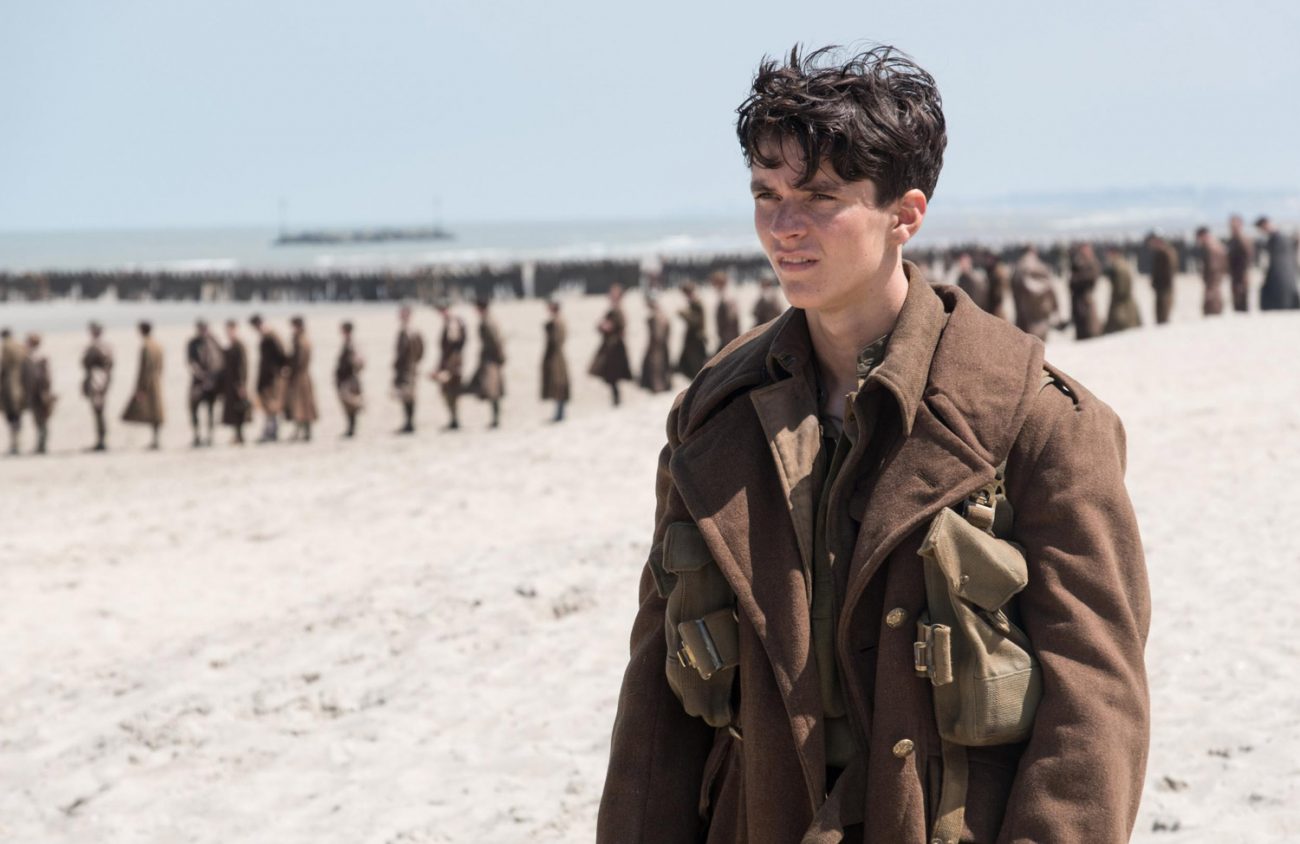A masterpiece can be a hard thing to overcome, especially when it occurs early in an artist’s career.
For my money, director Christopher Nolan’s second film, Memento (2000), is as nearly perfect as any movie released over the past, say, 40 years — a stunning existential thriller that begins exactly where it should end and then runs seamlessly backward from there, until it reaches, like a tail-eating snake, its own insidious genesis, in a moment that feels for all the world like the big bang of original sin itself.
Memento, a parable of memory, guilt and vengeance written in disappearing ink, did what most movies only threaten to do, which is make the impossible possible. And it did so by not only upending genre expectations but inverting them in such a way that something truly profound was revealed about the human condition.
Since Memento, Nolan has tended to go big, both in terms of narrative stretch (Inception, Interstellar) and increasingly bloated Hollywood budgets (the Batman re-boots) that allow him to reach, literally, for the stars. To his credit, Nolan’s ambition, like that of Terrence Malick, is cosmic in scope; both filmmakers appear to want nothing less than to make film the philosophical equal of its visual splendor, a medium of ontological inquiry.
And yet, nothing Nolan has done has matched the artistry, vision and exquisite technical execution of Memento — until now. Dunkirk, based on the famous evacuation of Allied troops during the Second World War, is an epic film that succeeds utterly on its own terms as a time-bending and harrowing portrait of wartime that, like Memento, twists and manipulates genre expectations in such a way that the whole film becomes a kind of terrible, breathless rhapsody.
I’ve always contended that Saving Private Ryan would have been a perfect war film if only Spielberg, a rummy sentimentalist at heart, had hacked off the first and last fifteen minutes of the movie, thereby doing away with the patriotic hogwash that cynically bookends the hellish chaos at the heart of it all. Nolan, in a sense, shows far more faith than Spielberg: From the opening frame, he drops us directly into the action and never once lets up the tension. With almost zero explication — and minimal dialogue — Dunkirk threads together three narratives at once (the action on land, sea and in the air), each one looping and crossing through time in such a way that past history becomes fluid and hellishly immediate, contracting to a momentary cataract of terror and then expanding to reveal, with a kind of tragic indifference, the swarming flow of faceless men swamped in global conflict.
The film is visually stunning, immaculately edited and ominously scored; the overall effect is at once eerie and excruciatingly suspenseful, vast in scope and yet painfully intimate — Homer retold by Poe and filmed by Kubrick. The cast, featuring big names like Tom Hardy, Kenneth Branagh and Cillian Murphy, is excellent, and yet no performance stands out or draws attention to itself. In a sense, and in keeping with Nolan’s vision of war, the actors are placeholders in the grand sweep of violence that subsumes them, pawns in a divine comedy, at once sacred and profane.
What I found so captivating and ultimately devastating about Memento was not the story that was told — which, in the end, proved fairly prosaic — but, rather, the way in which it was told, and the perspective Nolan brought to bear on what I thought was familiar, everyday reality.
Similarly, Dunkirk holds no surprises as a war-qua-war movie; in fact, the individual elements of its various plots are fairly predictable. What makes the film great is the way Nolan, a master of controlled disequilibrium, jars us into new ways of looking at war. As Kubrick did in Full Metal Jacket, Nolan — who also wrote the screenplay — takes incredible liberties, twisting the standard stuff of the war film until it comes almost to resemble a horror film. War, after all, is hell, and the fact that Nolan reveals the truth of this without indulging the outright gore we’ve come to expect from such films is just one more testament to the achievement of his haunting, beautiful vision. (Cinemark 17, Regal Valley River)
